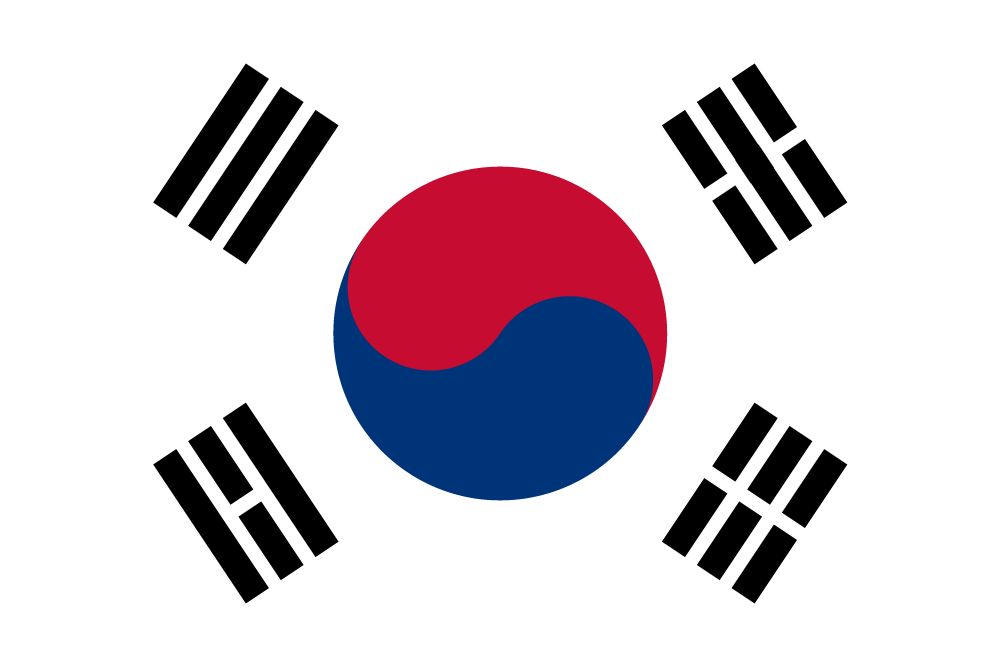Recently, I took Harvard’s implicit bias test and found that I have “a slight automatic association for American with European American and Foreign with Asian American.”
I was born and raised in Ottawa, where I was one of two Asian Canadian students in my entire grade all throughout elementary school (what up, Ricky Yamamoto?!). English is my first language and growing up, my parents actively encouraged us to “assimilate” into Canadian culture. Only speak English outside of the home. Make Canadian friends. Don’t hang out with Asian friends outside of school. Ok cool, I got into that. On weekends though, I was allowed to be exclusively Asian and participate in my Korean heritage and culture. Not confusing at all for a young girl! Saturdays, my mother would coerce me into attending Korean language school. Unfortunately, I was an incessant whiner (apparently, kids are really good at this?) and after enough complaining she finally gave in and let me quit (one of my biggest regrets by the way). At home though, she would often speak to me in Korean and I would respond with limited skill (“I’m hungry” “I’m full” “I’m tired” “I want to eat candy” “Why not?!”). Every Christmas, we had Korean Santa dole out gifts to all the children at our church. Wait a second, Santa was never Korean in the Coca-Cola ads! And at that young age, I prided myself on knowing early on that Santa was a fraud (I felt very mature also in that I never told any of the other kids at school that I knew the truth!). And. I also have more than a few memories of students asking “what are you?” as if I were an extraterrestrial, of young boys on bikes calling me “chink” and telling me to “go back to China!”
All that to say, I guess I’m not terribly surprised that I associate “foreign” with “Asian American.” Given my upbringing and experiences, I considered myself more than a little foreign, even if that’s not the word my young brain would have conjured. It has made me wonder how and when I have unwittingly made students in my class feel foreign, unwelcome, or less than. And though the introspection hasn’t been easy, and has revealed just how much hard work I need to do, it’s also sparked the light at the end of the tunnel. Because the difficulty with identifying our unconscious bias is just that…it’s unconscious. Having even just a bit more awareness means I can take steps to fight that implicit bias. But, a reminder to be kind to myself. Mistakes will and have been made. I will forgive myself and continue moving forward. One step at a time.


Hi Esther, this is one of those posts where I am really aware that I have no experience with this and I wish I could empathize and learn more about your perspective and the way you see things. I’m really glad you shared the link to that quiz. I’ll take it during my lunch today! I have to admit I get very anxious at seeing how much work needs to be done to expand our viewpoints and perspectives. @kblackmore wrote a great post about feeling ‘in the weeds’ and I have to admit I feel like that a lot lately as well. I think this is a great step forward. Thanks so much for posting about it!
Thanks for including the link- I am looking forward (and nervous???) to see what my own bias is. I read the last lines in your first paragraph about names you were called and I think back to my own elementary experience. I think about why things like figuring out our own bias (because we can’t fix what we aren’t aware of!) is a crucial first step into understanding how one can start to be better.
Recently we went through a DEI reflection with classic things schools do that they think are grounded in inclusion and (spoiler alert) not only are they not, but can have the opposite effect. I watched my colleagues faces as they realized they had done one, if not more of these things at some point in their career. We all have a lot of work to do.
Thank you for this post, it is really thoughtful and personal and I ma grateful for your story.
Esther, this is a great post in its honest depictions of implicit biases. Often times, we don’t know what we don’t know, and I appreciate how you ended the post with the following “a reminder to be kind to myself. Mistakes will and have been made. I will forgive myself”; too often, particularly in the media, we see depictions of people’s explicit biases and vilifications for other’s mistakes or implicit biases. It’s important for us as educators to teach students that “mistakes will be made” and to encourage learners to help educate others themselves. At the end of the day, we should all aim to “forgive”, not just ourselves but each other as well. Perhaps that is one way in which we can aim to “move forward”.